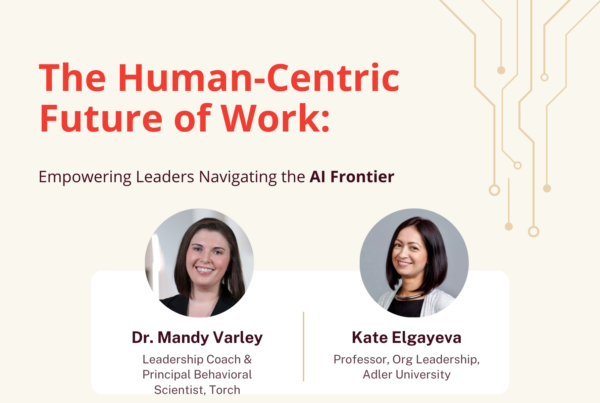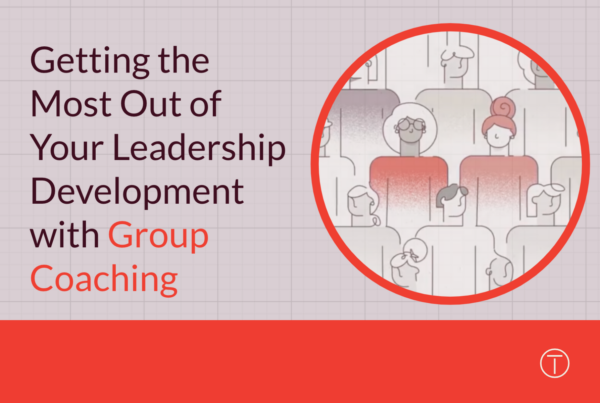Human capital is every business’s greatest resource. Which is why attracting and retaining talent is critical to a company’s success. While salary and benefits are important, emerging Millennial leaders often prioritize personal growth and purpose over compensation. In fact, a comprehensive, global survey of employees and HR leaders by Reed Consulting revealed that one of the top reasons for employee attrition is lack of opportunities for personal and career development. Lack of development is three times as influential as any other factor in an employee’s decision to leave.
Engaging employees
Recent research by Gallup shows that only 29% of Millennials are engaged at work. The Millennial workforce is disconnected from their jobs and companies. They are going through the motions and not putting energy or passion into their jobs. Part of this stems from the fact that Millennials prioritize personal development in their careers and many companies still aren’t offering enough L&D opportunities.
That’s not good news for employers. Younger generations are willing to hop from job to job if their needs go unmet by their employer. In fact, Gallup found 60% of Millennials were open to new job opportunities. They may not actually want to switch jobs but they don’t see any compelling reasons to stay or any path to advancement and purpose. Millennials will keep looking until they find a role, career path, and company that is worth sticking with.
Planning a career
It’s not enough to simply help employees develop skills to improve their day-to-day performance. Employees today want a career vision that will help them find purpose, meaning and a future through ongoing learning and growing on the job. In fact, the top focus area among nearly 10,000 participants in Everwise’s mentoring program is career planning. Career planning helps employees understand their current strengths, determine what skills they need to develop, learn ways to improve their current and future performance, and guides them to find purpose in their role.
Career development approaches such as training, coaching and mentoring can help employees develop as individuals and create and achieve goals. Supporting career planning requires that companies invest in development programs that offer scalable, personalized learning opportunities to help employees find the right career path.
Personal growth and purpose
The problem is most employees don’t see a path to keep moving forward within their organization. A 2015 SHRM survey found that only 20 percent of employees were very satisfied with how their company was addressing their ambitions. By providing opportunities for employees to plan their careers, employers can better understand and track their individual goals.
Once employees have set their goals, employers can provide customized learning opportunities to help employees achieve those goals. Everwise recently launched a new Marketplace of interactive learning paths from renowned authors and coaches to help employees develop the skills they need at their own pace, but in a virtual group setting. Jocelyn Greenky‘s “Getting to Your Destination” module is designed to help employees create and implement a strategic, dynamic three-step plan to get the results necessary to achieve their goals. Ongoing development opportunities like this will keep employees moving in the right direction.
When you connect an employee to the right people and content to make their career dreams come true, you also give that employee a sense of purpose. They want to put their talents to good use. It turns out 60% of employees in Gallup’s State of the American Workplace say the ability to do what they do best in a role is “very important” to them. According to Aaron Hurst in The Purpose Economy: How Your Desire for Impact, Personal Growth and Community Is Changing the World, 73% of purpose-oriented professionals report being satisfied with their job.
In Conclusion
Guiding an employee towards personalized growth and learning opportunities will help them identify their unique strengths, competencies, and skill gaps, and discover career path options that will keep them engaged. Helping them along a satisfying career path will demonstrate the company’s dedication to their personal growth and purpose. Better yet, it will result in improved attraction and retention, saving a company time and money over the long haul and laying a foundation for talent to thrive as careers progress.


